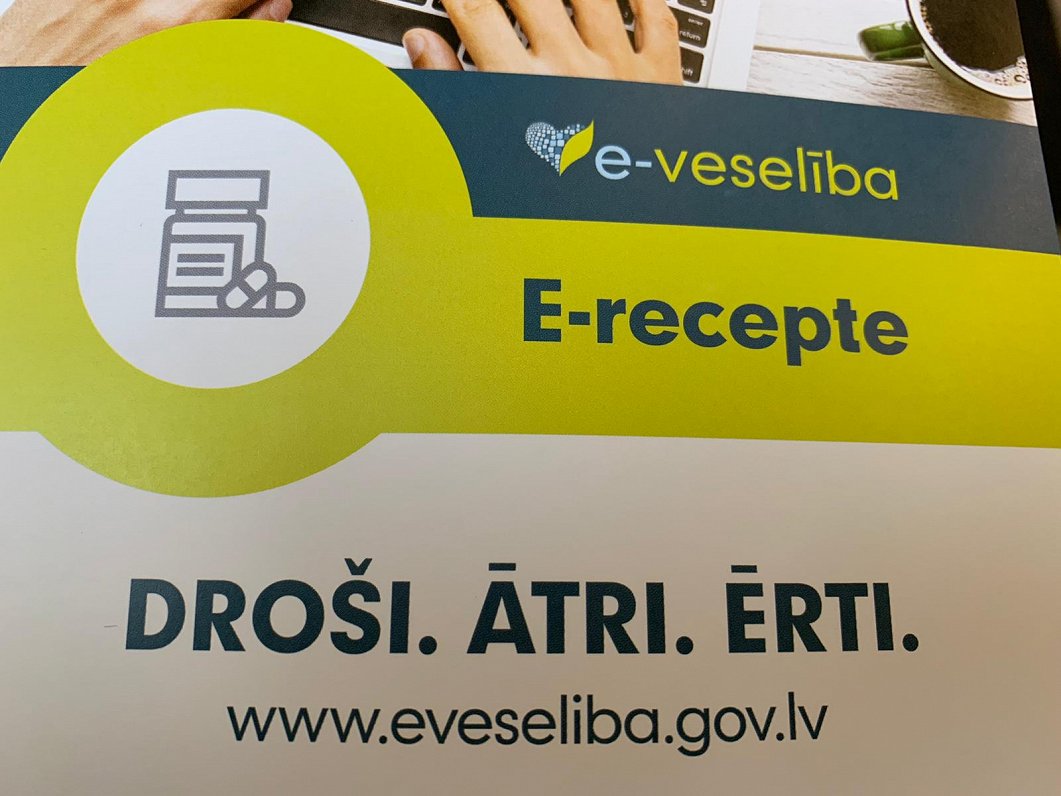Currently, one can access the electronic health system e-veselība (e-health), where one can view their prescriptions, referrals, sick leaves and other documentation, by either using any of the electronic identification means or by using their Internet bank. The Latvian Association of Rural Family Doctors says that the new requirement will create and already is creating complications.
A member of the association's board, family doctor Ainis Dzalbs, said this form of authentication is far more complicated than authorization through online banking.
“We are not specialists, of course, but we do not think that these approaches with internet banking would be unsafe in any way, because the banking sector has already done well enough to protect financial resources,” Dzalbs said.
The National Health Service (NVD) also recalled that authentication was planned only with e-signature tools from the beginning of this year, but it was postponed for a year, understanding that many would not be ready for it yet.
Family doctor Ainis Dzalbs predicted that many a patient will not have access to these electronic tools at the beginning of next year either. Some doctors might not have them either. Doctors are more likely to go back to printing sick leaves or prescriptions.
He added that e-health is not the only database used in medicine; in his words, it is only fully functional in e-prescription and sick leaves, but is not developed in other areas, for example, information on patient examinations and the results of testing is found in the system DataMed, which is not state-maintained but private.
The Latvian State Radio and Television Center (LVTRC), which is responsible for the e-signature and e-identity system in Latvia, explained that Internet banks will no longer be used to enter e-health because "the authentication status is not equivalent".
The Center's spokeswoman, Vineta Sprugaine, stated: “If we look at the confirmation of e-identity, only e-signature tools currently have the highest status comparable to the presence of a passport or the presence of an ID card.”
Vineta Sprugaine was unable to comment on the speed of issuing eID cards and queues at the Citizenship and Migration Office departments, but explained that to become a user of “e-signature mobile”, the eID card is not needed – it can also be obtained with other documents. However, since it is mainly older people who do not have an eID, it is also unlikely that they would use the mobile version of e-signature.
Sprugaine did not deny that switching to the use of e-signature tools to verify identity could cause inconvenience – just as any change in habits. The LVRTC is aware of this and therefore hosts remote training twice a month showing how to apply for, how to receive, and how use these digital tools.





























